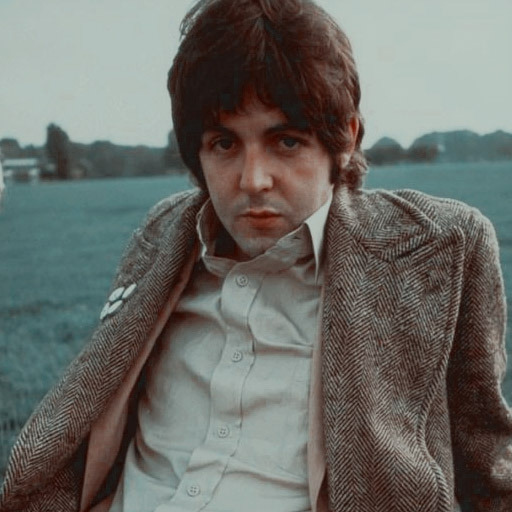

Lennon was the edge, the fashioner of the emotionally searing musical poetry, and he could be the balls, but you weren’t getting much shrewder than McCartney, who also possessed a grace that Lennon did not. I think that the era of the podcast and social media-when it’s so easy to set the record of one’s life straight and do so quickly-probably provided both some inspiration and a suggestion of the relative ease of this format.īut you’re also going to want to remember that in many ways, McCartney was the brains of the Beatles. He’s not an archivist of displayed memories. Up until now, he’s never been a chronicler, like, say, Bill Wyman was for the Rolling Stones.

In a way I’m surprised that McCartney did this book, but I’m also not. But he’s conversational the way Samuel Pepys’ is in his diaries that is to say, he’s convivial, but conviviality works best when it has the larger purpose of depth, substance, and the ease of the tone helps get that substance across.


Lennon later requested a helping of truth-as in, give me some, brother-and we should probably say that there’s not a lot of truth here, in the tired, repeated old ways of thinking about these things, which takes us to this remarkable new addition to the literary annex of Beatledom, and it comes from Paul McCartney, with a book simply called The Lyrics, though it is not so simple at all.Ĭherry-picking through his catalogue of songs, from the Beatles era on up, McCartney talks his way through the songs in conversation with the Pulitzer prize-winning poet Paul Muldoon (himself no stranger at fronting a rock ’n’ roll band). McCartney was the all-around musician, the melodist, the balladeer, with homespun, sometimes hokey words which mattered less because of the quality of the tunes-in their very tunefulness-that he wrote. Lennon was the artier fellow, the rebel, the burgeoning avant-gardist, and the lyric master. Saws and tropes head up each man’s camp as that camp is usually thought of. Need some help with that melody on “In My Life,” and McCartney would step up for Lennon unsure about the “movement you need is on your shoulder” line in “Hey Jude,” and there’s the former Johnny Moondog telling the ex-Paul Ramone to just leave that sucker be.Īnd just as Lennon and McCartney came to pull apart as distinct artistic stylists, Beatles people have tended to fall into camps. Many of what we’ll call Beatles-based “unexaminings” are oriented around the McCartney-John Lennon axis, because how could they not be? The partnership became a shifting balance of competition in which each man essentially tried to “out-art” the other, but with sufficient humility and fealty that they’d still assist the other’s cause. Sometimes, even with the Beatles, human moments-which are not always the same as Valhalla moments-say a lot about why we love what we love, if we let them. Not everything need be the masterpiece of a “Strawberry Fields Forever” or a Revolver to be cherishable. There can be joy-I think so, anyway-in citing how a song might not work, or how a guitar solo falls to bits, or an instance where creativity faltered but good old-fashioned pluck saved the day. Pulling out truths, and then considering those truths from myriad angles, can be seen as a personal attack, rather than what it really is-a good faith effort to enrich a rich experience even further. People are loath to probe, and prefer to deify, making a kind of Beatles cosmology, as if that veneration process reflects favorably on who they are, by dint of what they choose to esteem. My own experience in writing regularly about the band and their art suggests that the Beatles have become something akin to sacred plush toys.
#Young paul mccartney plus#
Despite all the scrutiny applied to the Beatles at the remove of 50 plus years, I’m always taken aback by how rarely they’re truly examined.


 0 kommentar(er)
0 kommentar(er)
